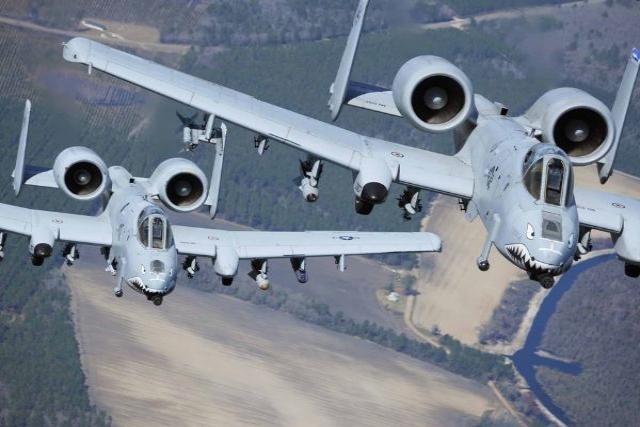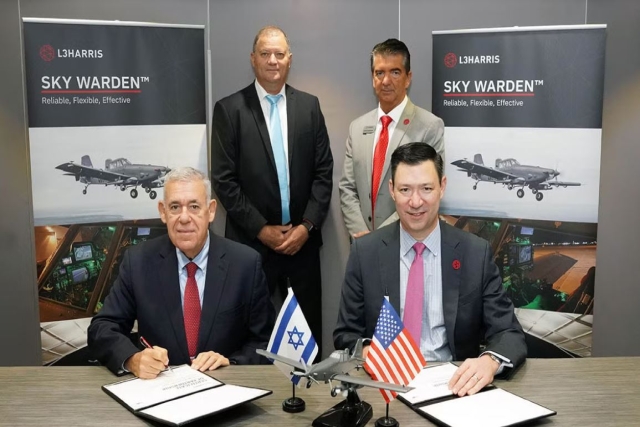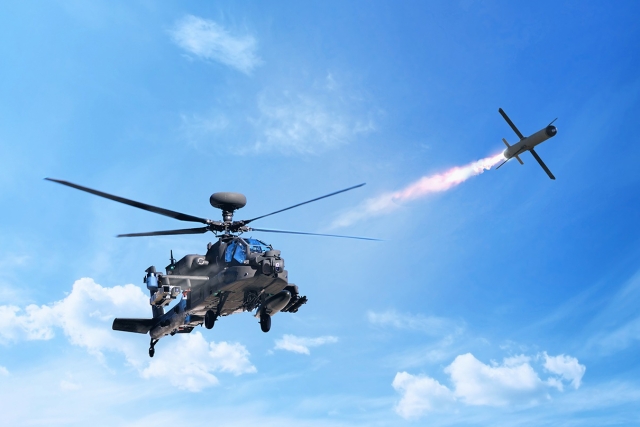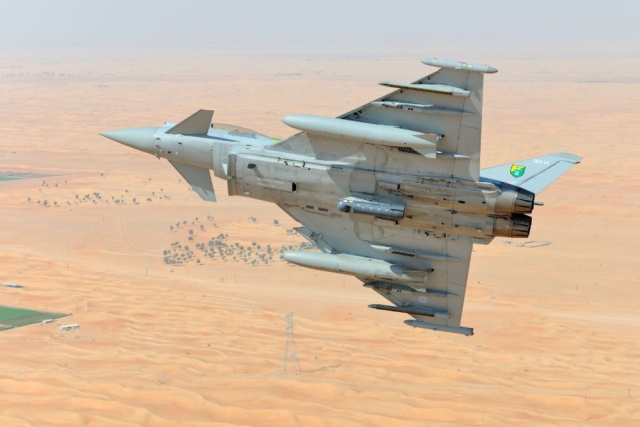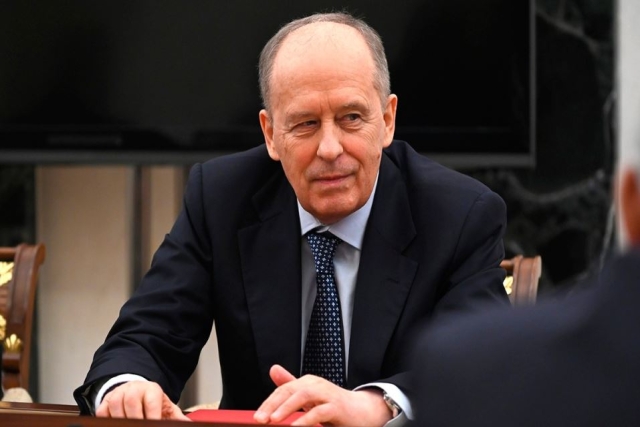Assad Granted Asylum in Moscow, Syrian Opposition Assures Safety of Russian Bases
Assad and his family were flown to Russia aboard a Russian aircraft, which departed from Syria’s Latakia region.

Deposed Syrian President Bashar al-Assad has reportedly arrived in Moscow with his family, where they have been granted asylum on humanitarian grounds after his resignation and departure from Syria.
The move comes even as Syrian opposition leaders have provided security guarantees for Russian military bases and diplomatic facilities in Syria, ensuring the safety of Russia’s strategic interests in the region
According to the Russian online media outlet Topcor.ru, Assad and his family were flown to Russia aboard a Russian aircraft, which departed from Syria’s Latakia region.
Flight tracking data indicated that the IL-76 plane took off from the Khmeimim Airbase before its transponder was switched off mid-flight. The aircraft briefly reactivated its transponder near Moscow before landing at an undisclosed location.
This development comes after a major escalation in Syria, with opposition forces launching a large-scale offensive on November 27 against government positions in Aleppo and Idlib. By December 7, they had seized key cities, including Aleppo, Hama, Deir ez-Zor, Daraa, and Homs. The next day, they captured Damascus, prompting government forces to retreat and Assad to step down and leave the country.
Meanwhile, the Russian Foreign Ministry expressed grave concern over the unfolding events in Syria, urging all parties to resolve the crisis through peaceful negotiations. "We are following the dramatic events in Syria with extreme concern. As a result of negotiations between Bashar al-Assad and other participants in the armed conflict, he decided to resign from the presidency and leave the country, giving instructions to ensure a peaceful transfer of power. Russia did not participate in these negotiations," the ministry said in an official statement.
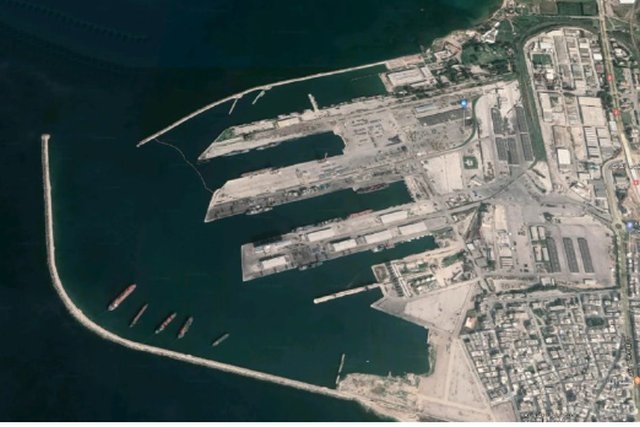
Turkey helped broker a deal between Moscow and Syrian rebels to retain Russian naval, air base in Syria
There are reports of the establishment of communication channels between the HTS (that has taken power in Syria) and Russia side through Ankara, which has led to Moscow retaining the status of the Khmeimim airbase and the Tartus Naval base.
For Russia, maintaining the combat stability and presence of these facilities is of strategic importance, since, for example, the Il-38N anti-submarine aircraft with Novella-P-38 targeting and search systems stationed at the Khmeimim airbase can provide modern hydroacoustic reconnaissance in a particular area of the Mediterranean Sea for the appearance of low-noise NATO naval submarines.
And as absurd as it may sound, the future status of Russian military bases in Tartus and Latakia largely depends on the good offices of Turkey, which is a NATO member state.


